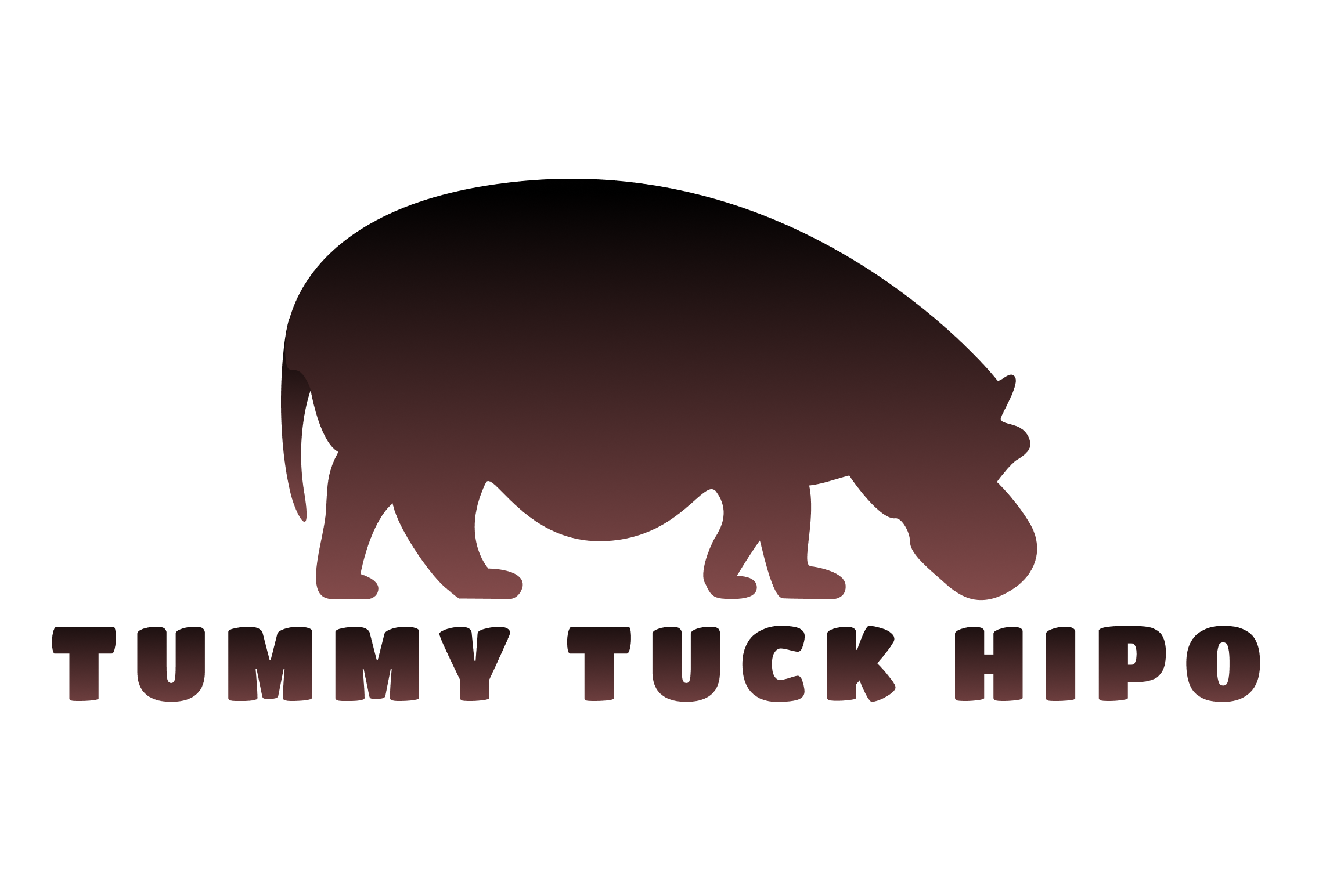
Essential Nutrients For Growing Children

 Pediatricians working with children have provided information that between the ages of 2 and 12, children need essential nutrients for their growth. During this period they are growing quickly and need foods like protein, calcium, iron and vitamins. These products are critical for their growth and development. When children do not get the essential nutrients they can have stunted growth and it can also impact the mental and motor skills of the child. The nutrients specified can be found in most food groups including grains, fruits, vegetables, protein and dairy foods.
Pediatricians working with children have provided information that between the ages of 2 and 12, children need essential nutrients for their growth. During this period they are growing quickly and need foods like protein, calcium, iron and vitamins. These products are critical for their growth and development. When children do not get the essential nutrients they can have stunted growth and it can also impact the mental and motor skills of the child. The nutrients specified can be found in most food groups including grains, fruits, vegetables, protein and dairy foods.
Parents of young children will have no difficulties in finding essential nutrients for growing children because they can be found in the products we have mentioned above. Let us now look at some of the essential nutrients which growing children must be given.
~Kina Grannis
Essential Nutrients From Berries
When parents are looking for nutrients like vitamin C, antioxidants and phytochemicals they can rely on products like strawberries and blueberries. These products can protect the healthy cells of the child from damage and boost the immune system. Berries can be used as toppings for ice cream, pancakes, cereal, and yogurt. Blueberry pancakes can also be made by adding blueberries to the pancake batter.
Eggs
Eggs are high in protein and are the richest sources of choline which is an essential nutrient that can aid in the development of the brain. Eggs can be boiled, fried, scrambled and also added to soups, porridge, rice, noodles or converted into desserts like custard.
Cows milk
This is a good source of calcium and phosphorus which are essential nutrients for building muscles and bones. Parents should be serving full-fat milk rather than low-fat or skimmed milk if the child is below two years old because the child is in need extra energy when growing unless the baby is overweight.
Whole-Grain Foods
The fiber in whole-grain foods is helpful in maintaining the digestive health of the child and preventing constipation. Giving the child whole-grain cereals and biscuits as snacks is a good way of giving them these foods. Whole grains can also be mixed with refined grains to get the child accustomed to the taste.
Meat
Meat is a fantastic source of protein and iron. Iron can optimize the development of the brain and function as well as supporting the immune system. Tender cuts of meat can be used to mix with eggs, bread crumbs, and mashed potatoes to make meatballs or patties.
Fish
Fish is a great source of protein and helps to build healthy muscles and bones. Omega-3 fatty acids can be found in oily fish such as salmon, tuna and sardines and these acids can support the development of the eyes, brain and the nerves. Fish can be mixed with rice or potatoes to make sushi, fish balls or fish cakes.
Cheese
The content of protein, calcium, phosphorus and vitamin D is high in cheese and it is a good choice for the growth of bones. Children usually prefer the milder taste of mozzarella and American cheese along with European cheeses like Edam and Emmental. Cheese can be served as slices, cubes or strings or can also be used on toast and pizza.
More in Health & Fitness
-
`
4 Simple & Efficient Tips to Keep Your Skin Glowing This Winter
If you are someone who has a proper skincare routine, you must be bothered by dry skin in winter. Do you...
November 2, 2023 -
`
Summer Vibes: 5 Ideas for Unforgettable Hangouts with Friends
Summer is the season for outdoor fun and creating unforgettable memories with friends and loved ones. Whether you’re looking for a...
July 5, 2023 -
`
What Do These Skin Problems Tell about Your Health Condition?
Some medical conditions are tricky to spot simply because they are hidden and almost show no symptoms. However, they can manifest...
June 13, 2023 -
`
Wellness Tips to Help You Get Rid of Your Winter Blues
Winters can be a tough season not just for our body but also for our mental health. The sun rises later than usual...
May 7, 2023 -
`
Exploring the Latest Skin Care Trends: What’s Hot and What’s Not in 2023
The world of skin care is constantly evolving, with new ingredients and treatments popping up every year. With so many different...
April 24, 2023 -
`
Celine Dion Values Her Skin So Much That She Dropped $2 Million For This Device!
Utmost focus has been given to skincare, especially during this quarantine season, as more and more people opt to take care...
April 11, 2023 -
`
Samuel L. Jackson is a Vegan and He’s Not Ashamed to Admit it
Samuel L. Jackson, the iconic Hollywood actor, has been expressing his preference for vegan eating since August, 2018, due to some...
April 6, 2023 -
`
Terry Crews Uses THIS Technique to Maintain his Impressive Physique
Crews is a big boy. The Brooklyn Nine Nine actor maintains his weight at 245 lbs and being this bulked up...
April 5, 2023 -
`
The Most Famous Procedures in the Plastic Surgery Capital of the World
If you think that the United States is the place where the most number of cosmetic surgeries in the world happen,...
April 5, 2023















You must be logged in to post a comment Login